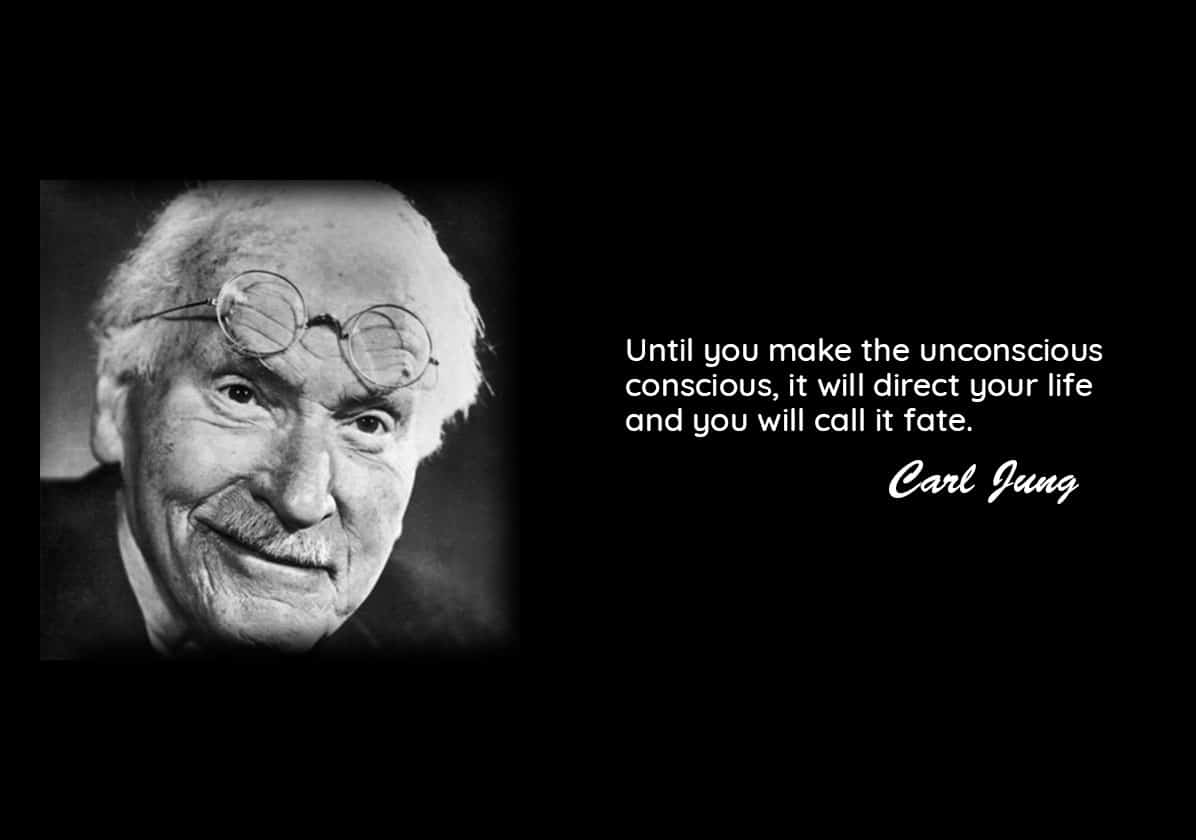Carl Jung
In my recent endeavours to find ways to introduce the general public to the incredible value of dream analysis, I often think of this story about Carl Jung, because in it is captured the essence of all our dreams have to provide for us.
In the introduction to Carl Jung’s book Man And His Symbols, John Freeman relates the story of how Jung—who’d been asked to write a book on dreams for the general public rather than for scholars—had initially refused, only to change his mind in the aftermath of a dream. In the dream, Jung saw himself delivering a lecture in a crowded square. The enthusiastic response of the dream-crowd persuaded him to write his book. He claimed he consulted not only his conscious mind, but also his unconscious.
This story defines the essence of my never-ending enthusiasm for dream work. Like the Jungians, I believe that the ability to understand our dreams provides us with the opportunity to be completely in touch with our whole selves when making decisions. Interpreting our dreams is not only fun and interesting, it is important.
I think this Carl Jung quote sums it up nicely.
Carl Jung Quote
The Importance of Dreams
Our dreams are important because they show us how to live and respond more flexibly to the situations that come up. Dreams allow us to pinpoint what is missing in our response to a given situation, so we can learn new ways of behaving. Our dreams shine a spotlight on those parts of ourselves that we aren’t using to their fullest extent. Sometimes dreams reveal aspects of ourselves we are not using at all.
In our dreams, we try out these new reactions to current or impending issues. Our dream provides a safe place to practice, until we feel ready to take our new behaviors or emotions out into the conscious world. Like muscles that are being exercised for the first time in a gym, underinvested character traits must be developed. At first, each time you go to work out you are sore for days. You are putting unfamiliar muscles to work and it feels strange. After a time though the movement comes easily and feels natural. The same thing happens with our behavior. We begin by practicing new behavior in dream stories. After a while, we bring the new behavior out of the dream scenes and exercise it in real life. Before long, it becomes comfortable. And with this new-found comfort, we gain flexibility and adaptability to the different situations we face. We become less predictable in our approach to solving life’s problems. We increase our potential.”
While the notion that a person uses only 10 percent of their brain is a myth, if we are examining the degree to which the conscious is ready to face circumstances we experience, compared with the boldness of our sophisticated unconscious, it is here we will find the gap. It is this gap I am referring to, that dream analysis fills.
Tapping into your unconscious mind
As adept as our conscious mind is at hiding, avoiding, lying, and sweeping all that stuff we don’t want to see or discuss, our unconscious provides the never-ending intent, or goal for us to look at truth and grow.
The choice of our responses to given life situations we face, unfortunately, are more often limited to the behaviours we were encouraged to exercise as children, by our parents. In other words, at the start of adulthood, each of us is carrying a pretty small bag of choices on how we might respond to a given person or event that presents itself in our life.
If you have been taught to accommodate, accommodate, and accommodate, where will you be when a circumstance presents itself in which you need to accommodate yourself? Are you comfortable saying “No”? Here’s an example. You are home with covid and feeling pretty bad. Your boss is calling for you to do a certain task from home. Do you have access to that part of yourself who has the ability to say, “Sorry. I just don’t feel up to it” ?
If you don’t have a comfort level to speak up for yourself, this is precisely where your dream will provide for you. Perhaps it will be by way of the appearance of a person who you associate with as having an excellent handle on expressing their needs! Don’t even be surprised if the person is someone you know from 20 years ago!
This will be your unconscious mind giving you a clear message of a certain characteristic you need to lean into in your current waking situation with your boss. It wants you to access that ability you have that may be “sleeping” due to lack of practice.
Your dream is here to wake up your potential and ability to speak!
This, right here, is the essence of dream analysis I am discussing and why I connect so strongly with Jung. The idea of consulting with not only my conscious mind, but with my unconscious as well is probably the single most reason that propelled me towards the goal of introducing anyone I meet to the value of understanding the language of dreams.
I want to consult my whole self when I have a decision to make, and it’s the gift of how-to that I want to share with you! As we see in this story of Jung himself, Man And His Symbols was born by his checking in with and paying attention to his dream.
An excerpt taken from the Introduction to Have a Great Dream, Book 2; A Deeper Discussion
If you liked this blog post you may also like my article about arriving for your school exam without a pen or performing in a play and forgetting everything.

